Weaving it together
Weaving it together
Graze is Bluesky. By You.
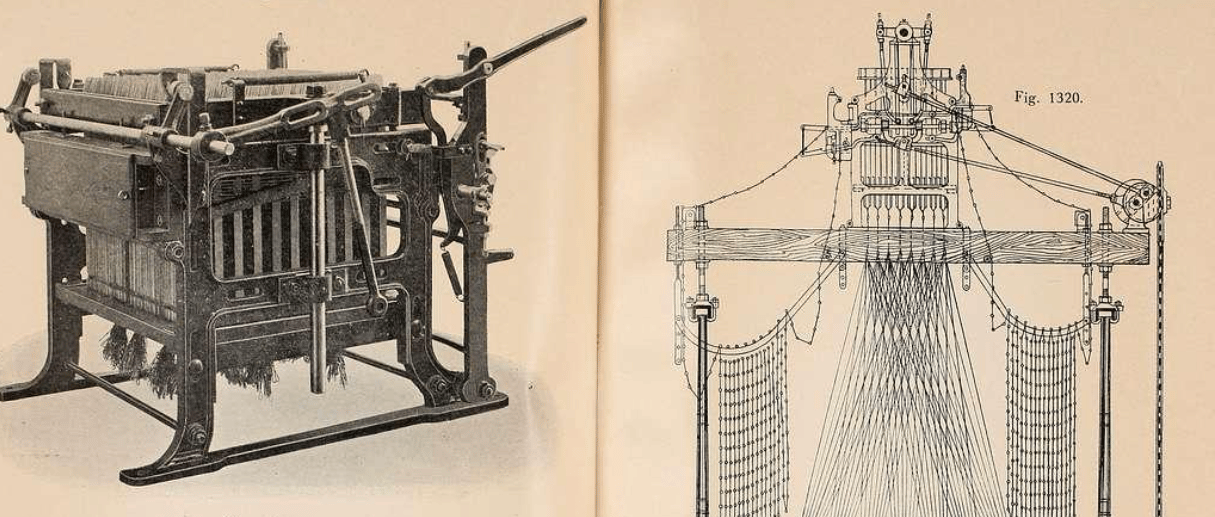
We’re so delighted to announce the final two winners of the Graze Grants round. They’re such different projects and both epic in their own way.
First up is Weaver, from @nonbinary.computer. Weaver is a flexible writing and publishing tool for long-form content on ATProto. It’s made for blogs, essays, project notes, and collaborative writing, all while keeping creators in control of their work and where it lives. With plans for self-hosting, co-authored notebooks, and reader support, Weaver is building a thoughtful, creator-friendly alternative to Substack that fits right into the spirit of the protocol. It’s early, but the vision is big and the foundation is strong.
We’re excited to see this grow into a home for writing on Bluesky.
And our final winner is Receipt Sky, from @fjpaz.net. This project brings Bluesky into the physical world using a thermal printer and QR scanner. Posts become little printed slips you can read, share, and carry with you, turning digital content into something personal and tactile.
Built on a custom command-line client, it’s part of a bigger vision for screenless interaction that feels playful and full of possibility. From creative demos to community installations, Receipt Sky makes the network feel real in a new way.
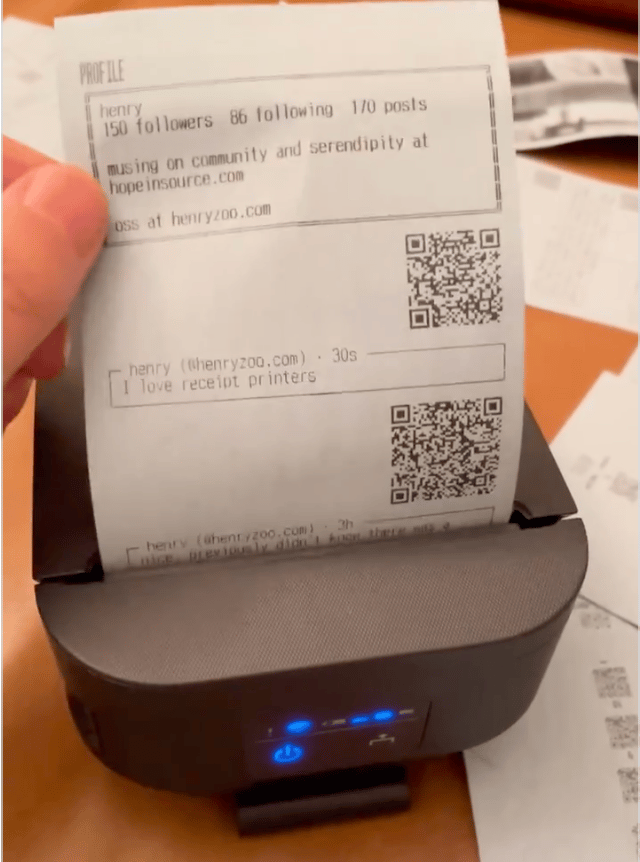
What’s Happening in the Fold:
The recent rollback on $9 billion in funding to public media and foreign aid in the United States is devastating, and threatens to harm our already fragile information ecosystem. We're running a donation drive to help shore up the gap and show the power of our community, and sending the proceeds to NPR and PBS.
We’re supporting Protocols for Publishers, a series that brings together publishers, developers, and researchers to explore open protocols for a sustainable agentic web. Join us in New York City for an evening of presentations and open discussion, on 20 August, and hear from our CEO Devin!
We continue to be super excited by what Rudy Fraser and crew are doing with Blacksky and the new app. This is the real promise of interoperability and decentralized social media.
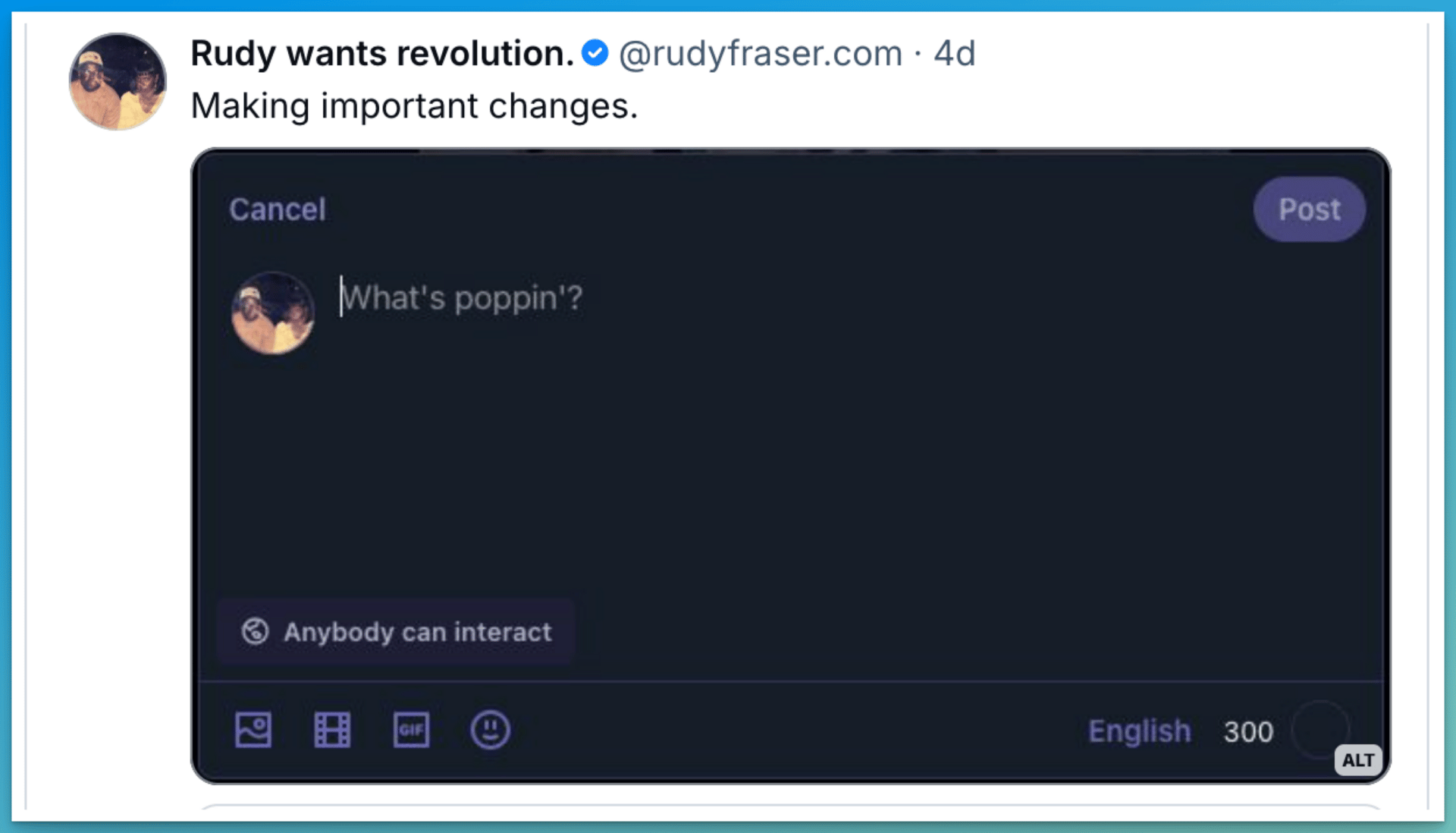
We also loved this example from Jim Pick of using an iframe to showcase your feed on a site:
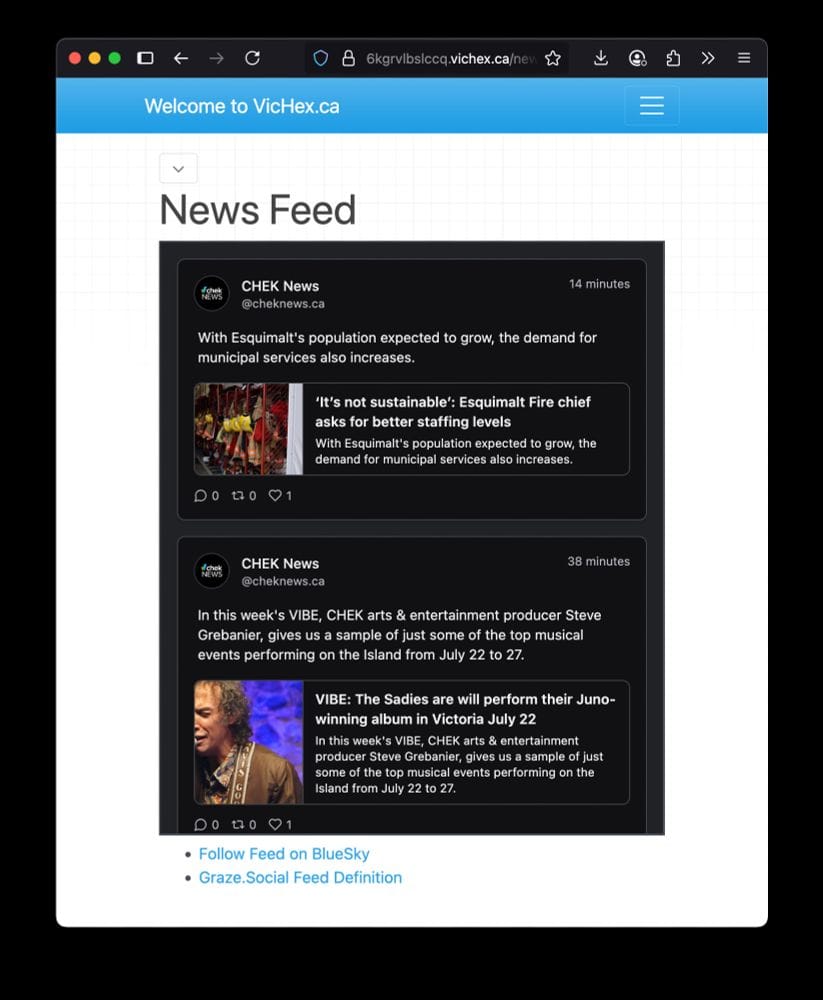
Get to know the Fold:
Each newsletter, we’ll chat to someone who is using Graze to do awesome stuff. If you’d like to share your work with us, reply and let us know!
This week we’re chatting with Ændra who runs News feeds, @moji.blue, founder of @shoots.green, and is the co-organiser of @atproto.london. You can find her work here!
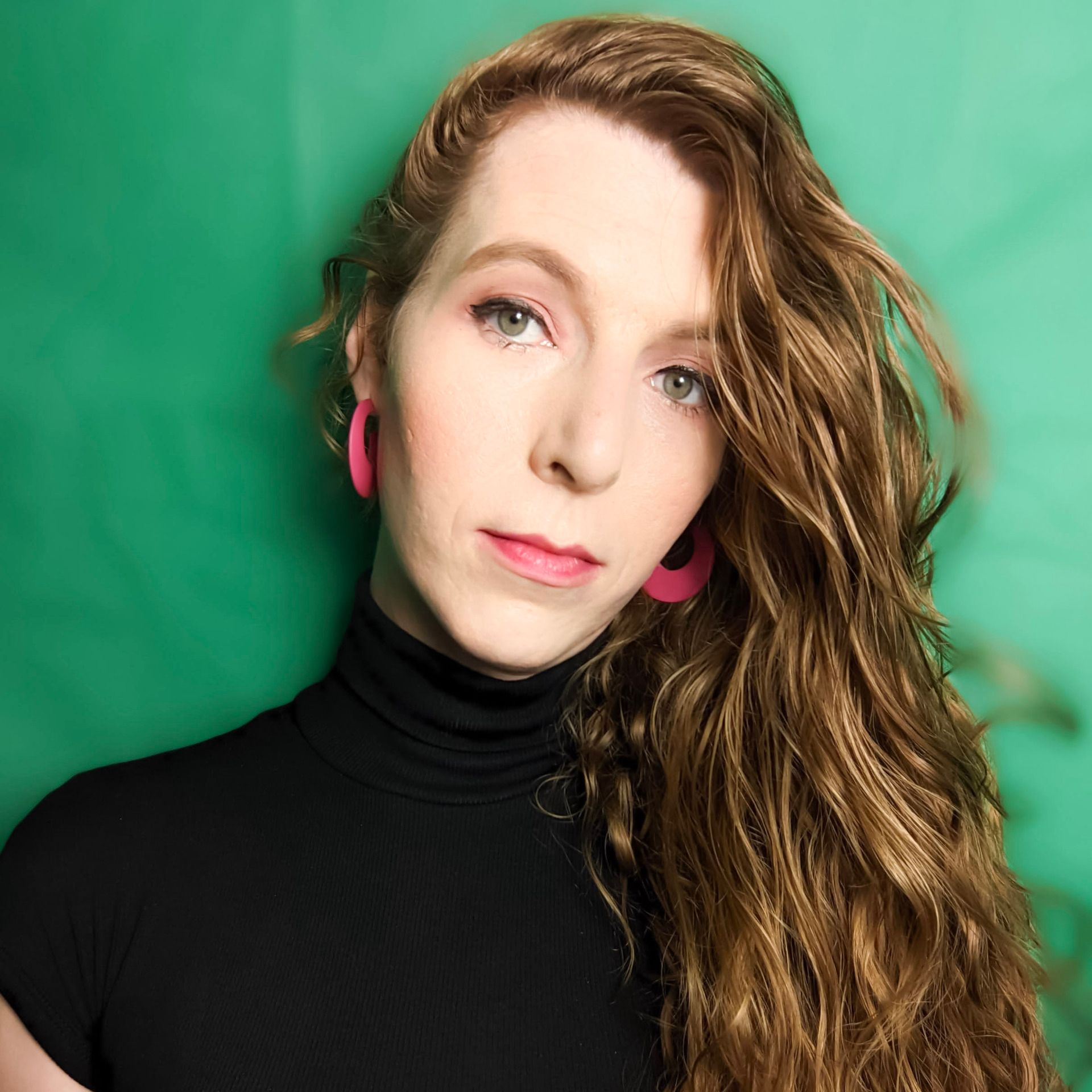
When did you join Bluesky and why?
I've always been intrigued by decentralised social media, I started using Mastodon around 2017, so was curious when someone I follow on Twitter offered me a Bluesky invite back in May 2023. Several things held my interest, namely the large LGBTQ+ community and the ingrained culture of innovation — part of my professional practice around evaluating and understanding new social media entrants is to build tools and services that make those platforms easier to use, and Bluesky was a breath of fresh air in terms of what you could do with it. I'm also trans, and the perpetual toxicity my community experiences on platforms like Twitter was a big driver of my engagement with Bluesky. I stuck around because Bluesky has grown into one of the most active queer communities online and it's a place I feel I can write about journalism in a way that is reflective of my audience and interests; part of why I stopped engaging with the Fediverse is because I felt there wasn't the appetite or audience for news content, which is a subject area that particularly interests me. Bluesky as a platform is particularly well-suited to news publishers and I'm very excited to see more and so much growth driven by news content.
What inspired you to make your first feed?
I work in news media so journalistic content has always been a big fascination for me. A big part of what I do is helping newsrooms find new audiences for their work, so I felt it was important very early on to create space on Bluesky for that content. Additionally, part of how I interrogate and understand social media platforms is by building things for them, I feel it gives you a much deeper respect and understanding for the norms and affordances of the platform if you deep-dive the decisions that lead to features being built a particular way.
When the custom feeds feature landed on Bluesky, I saw an opportunity to do an experiment in order to understand whether news content could actually work on the platform, so I built a feed driven by a user list and people started to rally around it. Over time, the necessity of ensuring the accounts in my feed were controlled and operated by the news orgs themselves became very apparent, so I added a requirement that news orgs must have a verifiable domain handle before I'd include them in my feed. I like to think this helped spur news orgs to engage with the custom handles feature on Bluesky, to the point that it's very much the norm for institutional accounts to have one.
With promoted posts on Graze, I see another opportunity for news orgs to drive traffic to their offerings while also using the platform I have to give back to the community a bit through my nascent non-profit, Shoots.green. Everything on Bluesky starts small, but there's always growth of some kind, and I strongly believe experimental projects like the ones I do help facilitate the emergence of a better social web by giving people new avenues to explore and understand the world.
How do you explain feeds to other people?
It depends on the audience! For news people, I describe feeds as bespoke streams of content that you can guide. I usually spitball a few ideas of how that org might leverage feeds to better engage with audiences or help audiences find content. One idea I'd really like to see more news orgs try is putting all their journalists in a custom feed, because that lets you see at a glance what the contributors to that title are talking about at the moment. This gives audiences a really unique level of insight into what's currently energising the journalists they're interested in, as well as helps them find new journalists from those titles to follow.
Another idea I often present is using custom feeds for hyperlocal reporting; if your reporting area is what's happening in east London, having a feed that collects some of that area's inhabitants could be really useful for finding new stories to explore, as well as build a sense of local community around topics relevant to those users.
Tell us about one of your feeds and the community it’s built.
My most popular feed by far is the 📰 News feed, but I seldom consider it a community because it's entirely news orgs posting their daily content and doesn't have the conversational vibe you get from other feeds that are more community-driven. Nevertheless, there is a degree of community around it, and whenever I actively engage with its users I inevitably get an enormous amount of feedback. At one point there was a big influx of Brazilian news orgs, and as someone who doesn't speak Portuguese, I really struggled to vet the titles people were recommending I add to the feed. I put a pinned post out asking for help and had an amazing response, people genuinely wanted to help me.
You’re one of the first feed owners to start trialling sponsored content. We were super excited to see that sponsored content had helped pay for a new computer for you! How do you think about advertising and social media? Lots of people have an instant negative reaction based on other platforms. How do you address that with your communities?
I was very open and honest with my intentions when I began to consider whether promoted posts would work for the feed. I already get a fair bit of flack for allowing paywalled newspapers into the feed (full disclosure, I work for one of them!) so was pretty reticent about giving people a new thing to complain about, but so far there hasn't been much of a backlash. I think a big part of that is being transparent, both in terms of how content is being promoted as well as where revenue from those promotions go, in addition to keeping the amount of promoted content at a reasonable level (I'm aiming for 2% ad coverage, which is pretty light as far as social media platforms go — this means you see at most one promoted post per refresh of the feed). From the outset, I've been a strong advocate for features on Bluesky that would enable custom feeds to better flag promoted posts to users as well as help feed maintainers conform to local advertising laws (currently I require promoted content to have a #promoted hashtag in the post body, which also acts as an opt-out mechanism but is a bit suboptimal for a few reasons), and I hope, as Graze continues to prove the potential value of display advertising on Bluesky, that some of these ideas will eventually be adopted by the broader platform.
Additionally, I earmark a portion of promoted post revenue to donate to developers and groups working to make Bluesky a better place — I've previously donated to the Northsky Social Cooperative, which is seeking to build decentralised infrastructure for marginalised groups, and the next batch of donations will be to developers working on open source implementations of infrastructure like AppViews (I'm still deciding who to give to because there's been a lot of movement in the space recently!). Over time I hope to also regularly donate to high-quality 3rd party moderation services, because these are very labour intensive projects and the people running them are in need of serious, ongoing support if we expect them to continue doing this extremely crucial community-centric work. I spoke at ATmosphereConf in March about some of the struggles I've had with my XBlock screenshot labeller, so it's really important to me to help people doing good work wherever I can.
What do you think is the future of social media?
I was recently invited to the UN-sponsored Internet Governance Forum in Oslo, Norway, and the Digital Public Goods Alliance held a workshop discussing what a public-focused social internet would look like. Maria Farrell, co-author (along with Robin Berjon) of the influential "Rewilding The Internet" thinkpiece, led the session by asking how many of us love social media, but also how many of us trust it. Pretty much everyone raised their hand for the first question, and practically nobody did for the second. A point she'd later make is that our relationship with social media is in many ways often abusive, with platforms constantly demanding our attention, gaslighting us when we complain and extracting far more value from us than they offer in return.
With the decentralised social web, we have a rare opportunity to change that. We can engage with this very basic, very human need to communicate and interact with each other, in a way that is open and transparent, and which enriches communities instead of large corporations. We can protect marginalised voices from both governments and algorithms that would seek to silence them. We can empower people to make better choices, by flagging disinformation and promoting science. And we can give the newest generation of social media users agency in how they interact with social media, to see it as something they're a part of and can build on and grow with, instead of merely being afflicted by it.
We can start considering the social web as an important public good, something that we all contribute to and which impacts our lives, instead of merely as a product or app on our phones.
I think that's all incredibly exciting, and it's what drives me to contribute to this space.
Come and say hello:
We’re building a great community of Graze users supporting one another in the Discord. We’d love to see you there if you’re starting out with feeds, want help, or just want to find some like-minded people.
